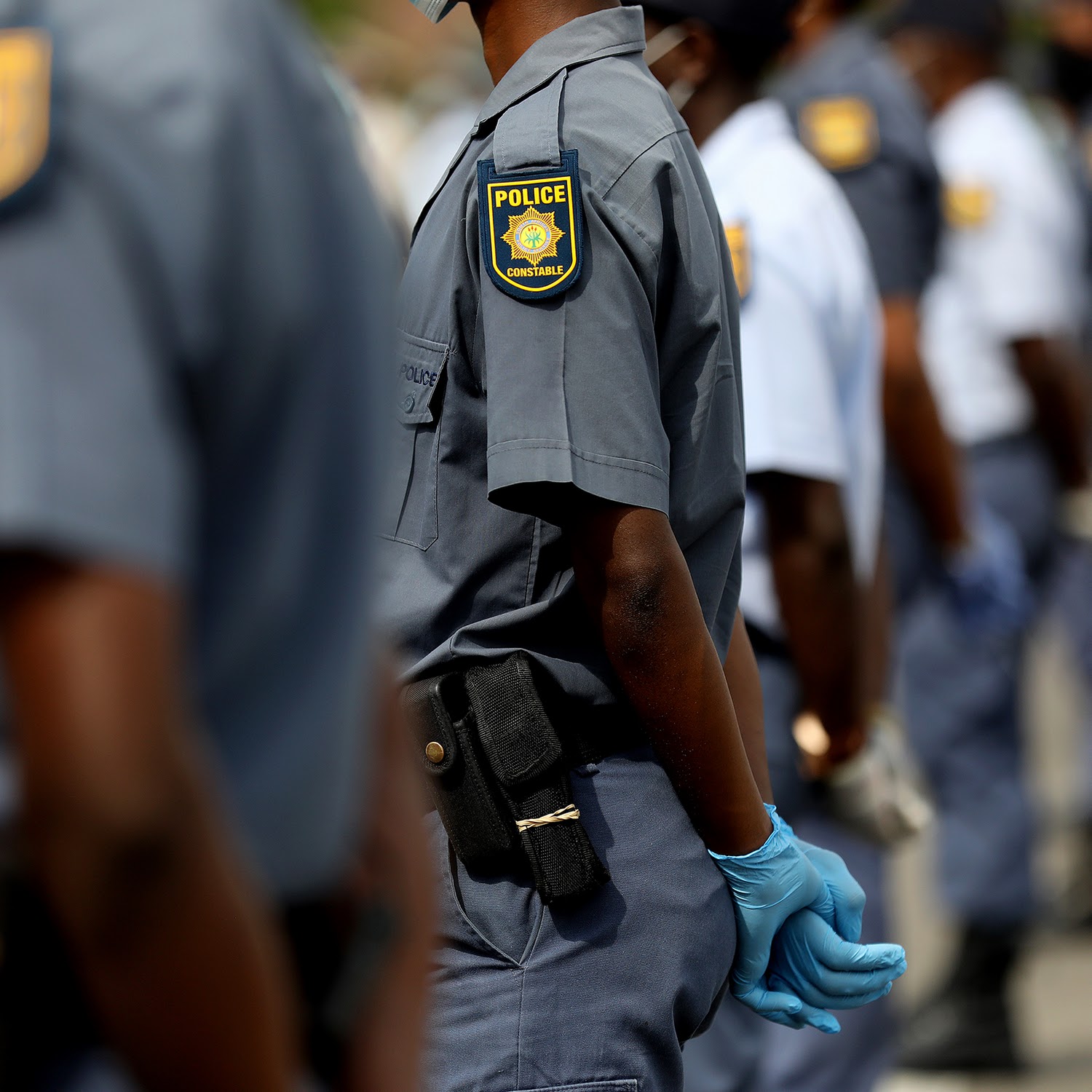News
IPID Buckling Under Pressure: 14,000+ Cases Signal Fading Police Accountability

Oversight agency’s growing backlog reveals cracks in South Africa’s justice system
In a country where trust in law enforcement is already under strain, South Africa’s police watchdog—the Independent Police Investigative Directorate (IPID) is facing a crisis that could further shake public confidence. A staggering 14,469 cases are currently unresolved, a number so large that it threatens to collapse the very system meant to hold the police accountable.
This was the grim warning from Parliament’s Portfolio Committee on Police, which recently engaged with both IPID and the Private Security Industry Regulatory Authority (PSiRA) on oversight progress and performance.
Accountability delayed is accountability denied
According to Ian Cameron, Chairperson of the committee, the mounting backlog directly compromises the directorate’s mandate to ensure ethical and lawful conduct within the South African Police Service (SAPS).
“Victims of police abuse remain without recourse,” Cameron stressed. “And when oversight bodies are overwhelmed, public trust begins to crumble.”
The backlog isn’t just a number. Behind every delayed case is a person, a victim of police brutality, misconduct, or corruption, who is still waiting for justice. These unresolved matters cast a long shadow over SAPS and send a troubling message to rogue officers: you might just get away with it.
Money can’t fix everything, without a plan
While the committee welcomed a R126.3 million boost in funding over the medium term, they were quick to caution that money alone won’t fix systemic failures.
Cameron noted that staffing levels remain critically low. Even with plans to increase IPID’s personnel from 387 to 421 by 2027, the case-to-investigator ratio is unsustainable. Investigators are overwhelmed, often dealing with dozens or even hundreds of files—many involving serious crimes such as unlawful killings or torture by police.
New tech and internal units offer a glimmer of hope
To combat the bottlenecks, IPID has begun rolling out a digital case management system aimed at improving communication with victims and speeding up internal processes. It’s a step in the right direction—but one that hinges on effective rollout and usage.
There’s also promise in the creation of specialised internal teams: investigation, forensic services, quality assurance, and research. These units are expected to strengthen IPID’s ability to crack down on complex, often politically sensitive cases of police corruption.
The SAPS problem: Recommendations ignored
One of the most alarming revelations isn’t just IPID’s struggle to close cases—it’s the SAPS’s failure to act on recommendations that do make it through the system.
“The rate of implementation by SAPS is embarrassingly low,” Cameron said. “There’s a clear pattern of disregard.”
This lack of follow-through renders much of IPID’s work ineffective. Even when the watchdog bites, SAPS often shrugs it off.
And with officers accused of serious misconduct continuing to wear the uniform, public safety is undermined from within. Cameron didn’t mince words: “There is no place in SAPS for rogue officers engaged in criminal activity.”
Private security sector gets its own audit
While SAPS is under fire, the committee also turned its gaze to PSiRA, the regulator of South Africa’s massive private security industry.
With plans to digitally verify private security training, and to expand into underserved regions like Limpopo and the Northern Cape, PSiRA’s efforts to modernise were applauded. The agency also committed to tighter monitoring of compliance, helping weed out illegal operators in an industry that’s often the public’s first line of defense in communities.
The road ahead: reform, not relief
The numbers don’t lie: IPID is in over its head, and without urgent, targeted reform, the consequences will ripple through every level of South African society. From victims who never see justice, to police officers operating without fear of consequence, the stakes are too high for complacency.
What’s needed is not just funding or flashy tech upgrades, but a political and institutional commitment to a culture of true accountability. Until SAPS begins to respect IPID’s oversight, and until the directorate itself is empowered to act decisively and swiftly, South Africa’s dream of a fair and lawful police service remains just that a dream.
{Source: IOL}
Follow Joburg ETC on Facebook, Twitter , TikTok and Instagram
For more News in Johannesburg, visit joburgetc.com



























